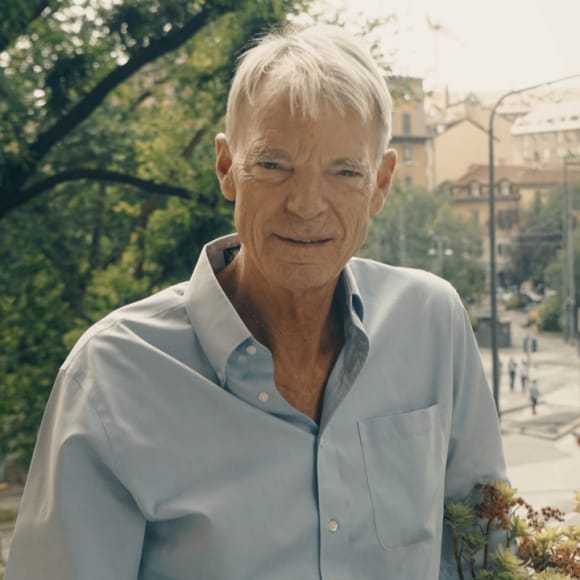Nobel Perspectives: on a post COVID-19 world
Professor Michael Spence provides insights on the effect of COVID-19 on globalization, technology and inequality
Nobel Perspectives On The Post COVID-19 World
Nobel Perspectives On The Post COVID-19 World

As part of the UBS Nobel Perspectives program, our webinar series allows you to ask your questions directly to Nobel Laureates in Economic Sciences.
UBS Nobel Perspectives cuts through the noise, addresses the questions shaping our world, and holds the largest content library of Nobel Laureate interviews.
Professor Michael Spence won the Nobel Prize in 2001, for his work in the field of information economics. He is the Philip H. Knight Professor Emeritus of Management in the Graduate School of Business at Stanford University, a Senior Fellow of the Hoover Institution at Stanford and a Distinguished Visiting Fellow of the Council on Foreign Relations. He is an Adjunct Professor at Bocconi University in Milan, and an Honorary Fellow of Magdalen College, Oxford University. He joined Donna Kwok, Head of Asia Pacific Strategy at UBS Asset Management in a webinar to discuss the implications of the COVID-19 pandemic on topics including technology, globalization and inequality.
Key webinar takeaways
Key webinar takeaways
- The pandemic has been a significant global shock in terms of income distribution
- There has been an increase in poverty everywhere. The rich, powerful economies should provide medical and financial support to vulnerable economies
- While Artificial Intelligence presents a threat to certain roles and sectors, it also offers the powerful set of tools for inclusion for low access populations
- It is a question of striking the right trade-off between scalable inclusivity versus loss of privacy or control over one's own personal data to optimize growth and reduce inequality
- COVID-19 has sharpened the rate of technological transformation and digital adoption, creating winners in intangible (digital) products and services
- Diversification matters: expect the frequency of highly disruptive “black swan” events to rise. Mainly intangible, digital assets are the best hedge against future unpredictable events
- The world will have to reconstruct a more complicated version of globalization given the enormous areas of mutually beneficial areas of cooperation
- The impact of an effective vaccine’s discovery, production and distribution will be globally uneven
- Investors will have to pay more attention to very aggressive policy intervention in the future
